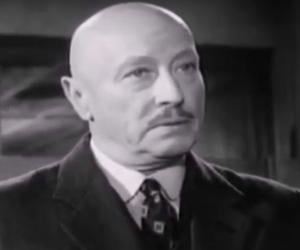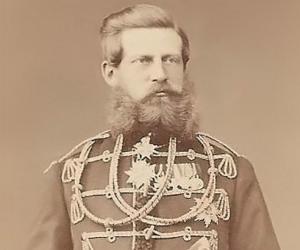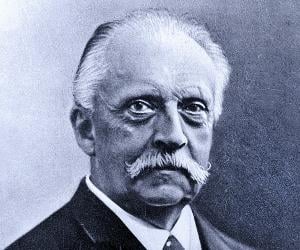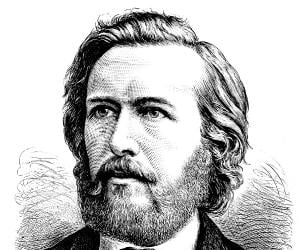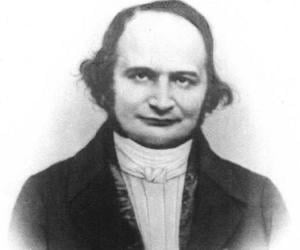Frederick III, German Emperor reigned as the king of Prussia and emperor of the German Empire from 9 March 1888 until his death on 15 June 1888. Although he played key roles during the Austro-Prussian, Second Schleswig, and Franco-Prussian wars, Frederick professed hatred for warfare and was willing to make the German Empire more liberal before his untimely death.
A descendant of Pennsylvania founder William Penn through his mother, Hermann von Helmholtz studied medicine, pushed by his father, in spite of being interested in the natural sciences. Best known for his law of conservation of energy, he coalesced the fields of medicine, physiology, math, and physics in his studies.
Ernst Haeckel had initially practiced medicine before he gained an interest in Charles Darwin’s theory and began exploring zoology and related fields. He not only coined terms such as ecology, but also named numerous species and created a genealogical tree. He drew numerous figures of animals and sea creatures, too.
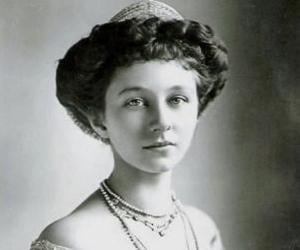
The only daughter of German emperor Wilhelm II, Princess Viktoria Luise of Prussia became II Guard Hussar Regiment’s colonel-in-chief. She later became the Duchess consort of Brunswick by her marriage to Ernest Augustus, Duke of Brunswick. Her memoirs were collated and published as The Kaiser’s Daughter.
Carl Gustav Jacob Jacobi was a German mathematician best remembered for his contributions to differential equations, dynamics, number theory, determinants, and elliptic functions. He is the first Jewish mathematician to work as a professor at a German university. Jacobi has a crater on the Moon named after him in recognition of his contribution to science.
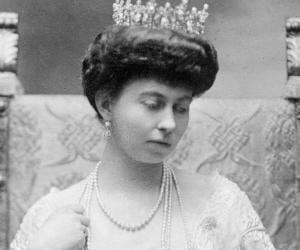
The daughter of German emperor Frederick III, Princess Sophia of Prussia was also one of the granddaughters of Queen Victoria through her mother. She later became the queen consort of the Hellenes by her marriage to King Constantine I of Greece. Following the National Schism, she spent her life in exile.
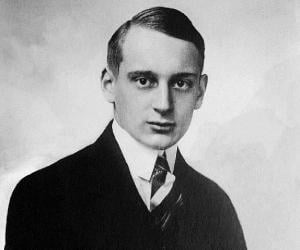
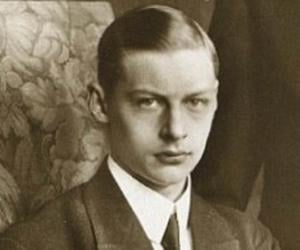
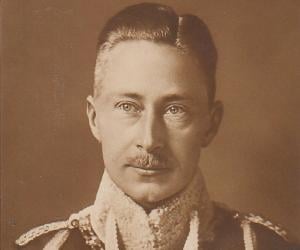
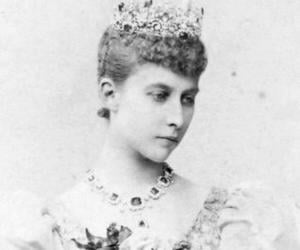
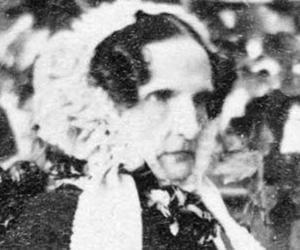
Alexandra Feodorovna Romanova was the daughter of Frederick William III, King of Prussia, and Duchess Louise of Mecklenburg-Strelitz. She had a difficult childhood and lost her mother when she was just 12. She married Nicholas I, who later reigned as Emperor of Russia. The couple had a happy marriage that lasted till Nicholas’ death in 1855.
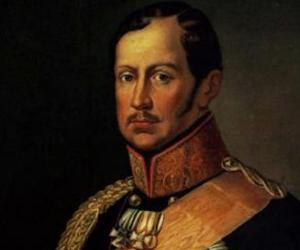
The son of Frederick William II, Prussian king Frederick William III mostly kept himself aloof from important decisions. He also hampered Prussia’s image by maintaining neutrality in the Wars of the Second and Third Coalitions. He mostly remained under the shadow of his wife, Queen Louise.
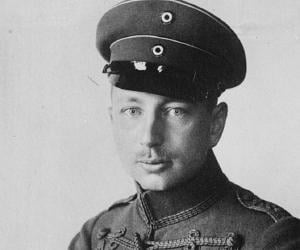
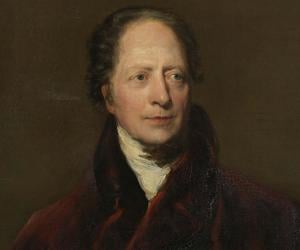
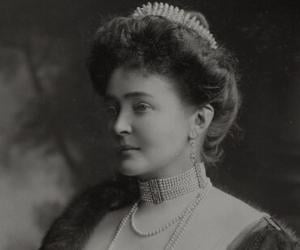
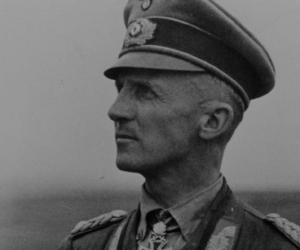
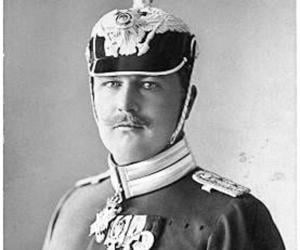

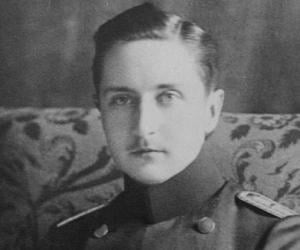
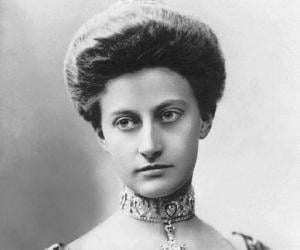
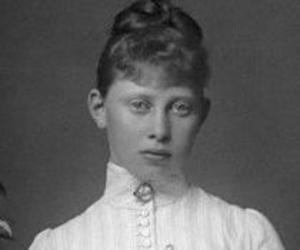
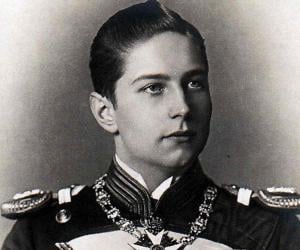
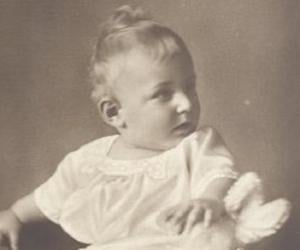

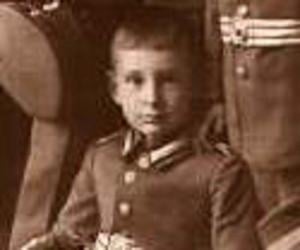
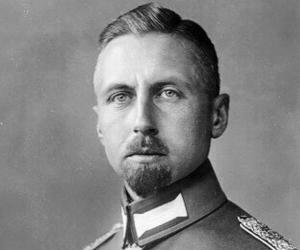


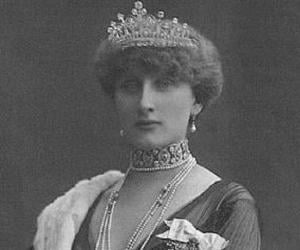
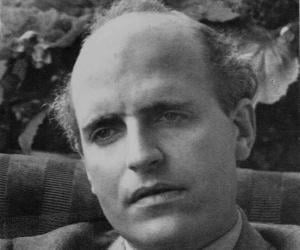
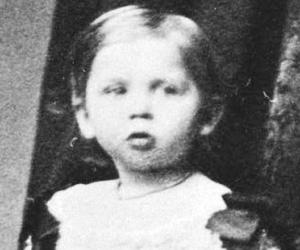
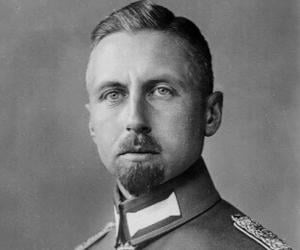
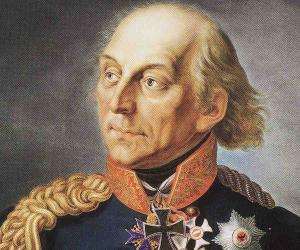
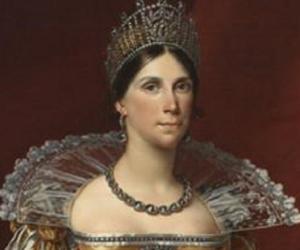

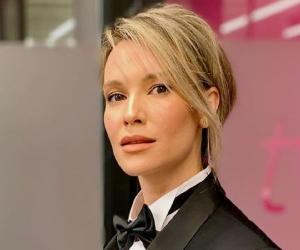
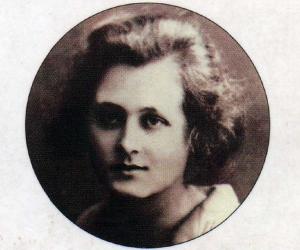
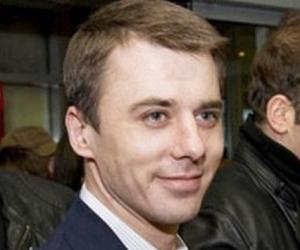
Igor Petrenko is a Russian actor best known for his contribution to cinema and theater. An important and popular actor, Petrenko was honored by the Russian President Vladimir Putin with the prestigious State Prize of Russia in 2002.
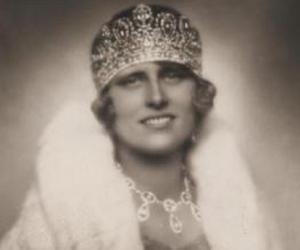

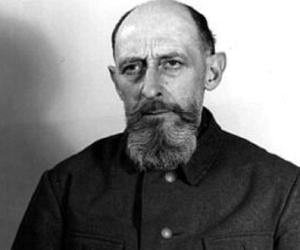

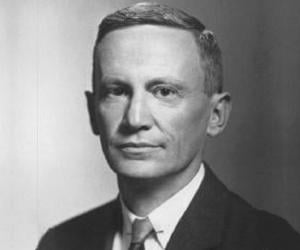
Martin Schwarzschild was a German-American astrophysicist best remembered for his work in the fields of stellar evolution and stellar structure, which paved the way to an improved understanding of differential solar rotation, pulsating stars, hydrogen shell sources, the ages of star clusters, and the helium flash. In 1997, Martin Schwarzschild was honored with the prestigious National Medal of Science.
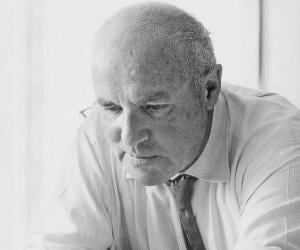
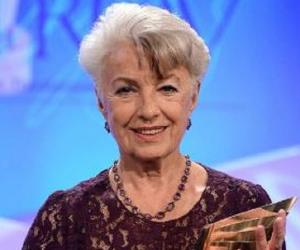
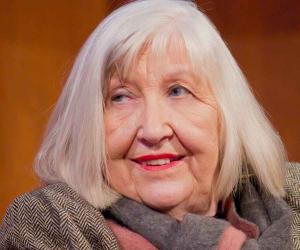
Hailed as the cofounder of the Düsseldorf School of Photography, German conceptual photographer, Hilla Becher is also credited for her efforts to start the Kunstakademie Düsseldorf's Photography department. Travelling in a Volkswagen with her husband and collaborator Bernhard Becher, she took photographs of industrial buildings and structures, often organizing them in grids and thus capturing the post-war Germany through her lenses.
